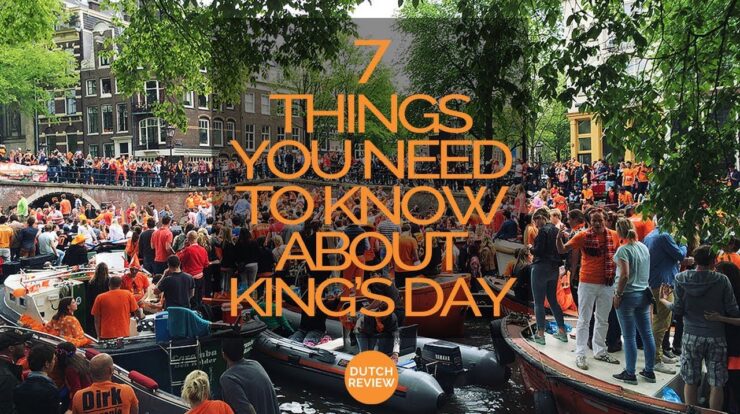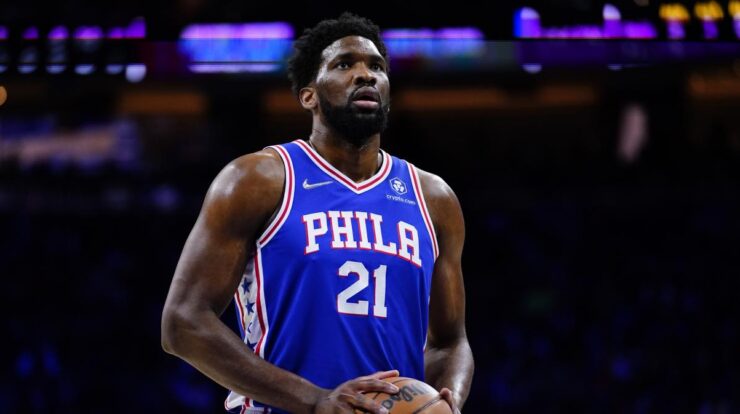
Koningsdag 2024 promises to be an unforgettable celebration, steeped in Dutch tradition and vibrant festivities. This year’s celebration will showcase the unique spirit of the Netherlands, offering a captivating blend of history, culture, and exuberant revelry.
Koningsdag, also known as King’s Day, is a national holiday in the Netherlands celebrated annually on April 27th. It marks the birthday of King Willem-Alexander, the current reigning monarch. The holiday is a vibrant expression of Dutch national pride, characterized by a sea of orange, flea markets, music performances, and street parties that transform the country into a festive wonderland.
Koningsdag Traditions
Koningsdag, or King’s Day, is a national holiday in the Netherlands celebrated on April 27th. It commemorates the birthday of King Willem-Alexander, the current Dutch monarch.
The origins of Koningsdag can be traced back to 1885 when it was first celebrated as Princess’s Day to honor Princess Wilhelmina, who later became Queen Wilhelmina. After her abdication in 1948, the holiday was renamed Koninginnedag (Queen’s Day) and celebrated on her birthday, August 31st.
When Queen Beatrix ascended to the throne in 1980, the date of the holiday was changed to April 30th, her birthday. In 2013, after King Willem-Alexander became king, the holiday was once again renamed Koningsdag and celebrated on his birthday, April 27th.
Traditional Activities, Koningsdag 2024
- Flea markets:On Koningsdag, the streets of Dutch cities and towns are filled with flea markets where people sell their used goods.
- Music performances:Live music is an integral part of Koningsdag celebrations. Bands and DJs perform on stages set up in public squares and streets.
- Street parties:Koningsdag is a time for people to come together and celebrate. Street parties are held throughout the Netherlands, with people dancing, drinking, and enjoying the festive atmosphere.
Festivities in Amsterdam
Amsterdam, the capital of the Netherlands, is known for its vibrant Koningsdag celebrations. The city center is transformed into a sea of orange, the national color of the Netherlands.
The festivities in Amsterdam begin early in the morning with flea markets popping up all over the city. As the day progresses, the streets fill with people wearing orange clothing and accessories.
One of the highlights of Koningsdag in Amsterdam is the “vrijmarkt” (free market) held in the Jordaan district. Here, people can sell their used goods without paying any fees.
In addition to the flea markets and street parties, there are also a number of music performances and other events held throughout the city. The Royal Concertgebouw Orchestra typically performs a free concert in the Concertgebouw, and there are also many other concerts and DJ sets held in various venues around the city.
Regional Celebrations
Koningsdag is celebrated differently in different regions of the Netherlands. In some areas, the focus is on traditional activities such as flea markets and street parties. In other areas, there are more unique events and customs.
For example, in the city of Tilburg, there is a tradition of “oranjekoek” (orange cake) eating. In the town of Breda, there is a “singelloop” (canal run) where people dress up in orange and run around the city’s canals.
These regional variations contribute to the overall diversity of Koningsdag celebrations in the Netherlands.
Economic Impact
Koningsdag has a significant economic impact on the Netherlands. The holiday is a major boost for tourism, retail sales, and other industries.
In 2019, Koningsdag generated an estimated €600 million in revenue for the Dutch economy. The holiday is particularly beneficial for small businesses, as many people take advantage of the opportunity to sell their used goods at flea markets.
The long-term economic effects of Koningsdag are also positive. The holiday helps to promote the Netherlands as a tourist destination and encourages people to spend money in local businesses.
Cultural Significance
Koningsdag is more than just a day of celebration; it is also a day of national unity and pride. The holiday brings people together from all walks of life to celebrate their shared Dutch heritage.
Koningsdag also plays an important role in preserving Dutch traditions and customs. The holiday is a time for people to come together and share their culture with each other.
International Recognition: Koningsdag 2024

Koningsdag is becoming increasingly popular outside of the Netherlands. In recent years, the holiday has been celebrated in cities around the world, including London, New York, and Sydney.
There are a number of reasons for the growing international awareness of Koningsdag. The holiday is a unique and colorful event that is unlike anything else in the world. It is also a time for people to come together and celebrate their Dutch heritage.
The potential benefits of Koningsdag becoming a more global event are numerous. The holiday could help to promote the Netherlands as a tourist destination and encourage people to learn more about Dutch culture.
Summary
Koningsdag 2024 is not just a holiday; it is a testament to the rich cultural heritage and unwavering national spirit of the Netherlands. As the country comes together in celebration, visitors and locals alike are invited to immerse themselves in the infectious energy and create memories that will last a lifetime.
Clarifying Questions
What is the significance of the color orange during Koningsdag?
Orange is the national color of the Netherlands and the color of the royal family, the House of Orange-Nassau. Wearing orange during Koningsdag is a way to show national pride and support for the monarchy.
What are some popular activities during Koningsdag?
Koningsdag is celebrated with a variety of activities, including flea markets, street parties, music performances, and boat races. Many people also dress up in orange clothing and accessories.
Is Koningsdag celebrated outside of the Netherlands?
Yes, Koningsdag is celebrated in other countries with significant Dutch populations, such as Canada, Australia, and South Africa.





